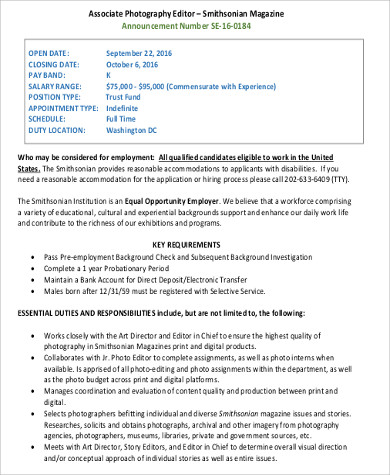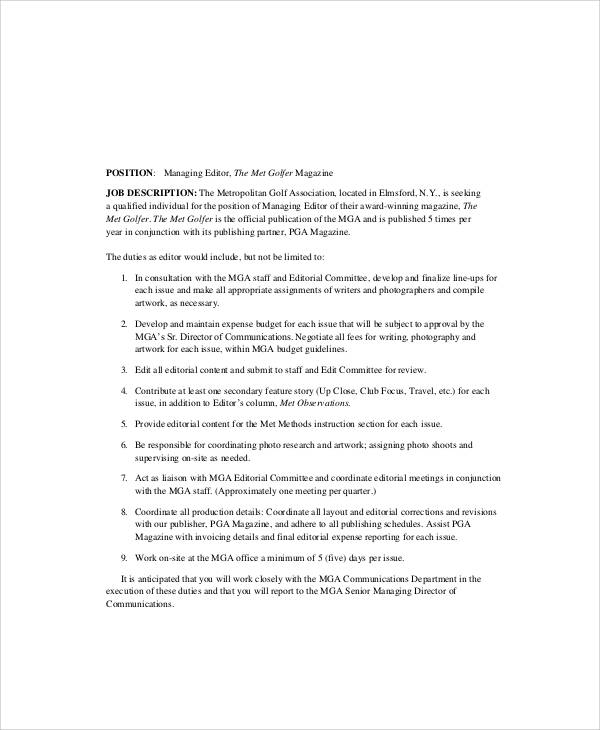

Courses accredited by the National Council of Training for Journalists (NCTJ) that include award of the Preliminary Certificate in Journalism may be useful.

Some web writers/editors have a background in journalism or may have worked in advertising or marketing. Foundation degrees in these subjects are also available and may be topped up to degree level. Check with individual colleges and universities for entry requirements. Entry to degree courses is usually with at least five GCSE's (A*-C) and two A levels, or equivalent qualifications. There is no set entry route, although many employers expect applicants to have a degree.ĭegree subjects such as communications, journalism and multimedia may be useful. Vacancies may be advertised on individual company and recruitment websites, in publications such as The Guardian (on Mondays), New Media Age, Marketing and PR Week or on websites specialising in creative and media or web-based jobs, including and and Education and Training There are job opportunities throughout the UK. Web writers/editors may be employed by marketing and web design companies, media organisations, government departments or a company's marketing/corporate communication department. The average starting salary for a web writer/editor is around £18,000 a year. There may be some travel for meetings with clients, to carry out interviews or to liaise with people in other parts of the organisation. It is usual to work in an open-plan office environment. Many web writers/editors are freelance and may work from home or on temporary assignments in-house.

Part-time work and flexitime are also possible. Extra hours may be required to meet deadlines, which could include working weekends and evenings. This role requires creative writing and editing skills and is relatively non-technical, although technical understanding and ability is useful and can help career progression.Ī web writer/editor usually works between 37 and 40 hours a week, 9.00am to 5.30pm, Monday to Friday. It is essential that they understand their site's target audience and requirements. They work closely with a range of individuals, from web designers/developers and project/account managers to photographers and marketing professionals.

Web writers/editors may work within an editorial team or alone. However, in larger organisations this role is often separate. They may also get involved in analysing statistics to determine the popularity of the site, e.g. Web writers/editors may also take on the role of web-spinner (or webmaster) and be responsible for dealing with email enquiries or overseeing message boards. They may be required to use an application such as Adobe Dreamweaver or Microsoft Expression Web to create and edit web pages. Web writers/editors may use a content management system (CMS), which employs standard, automated forms to make adding and updating content faster or easier.
#Web editor job series#
He or she may research, write and edit the copy (text) for whole sites or for a series of web pages, may and source artwork or photographs, and might also be responsible for the structure of the site. A web writer/editor is responsible for the content of websites.


 0 kommentar(er)
0 kommentar(er)
